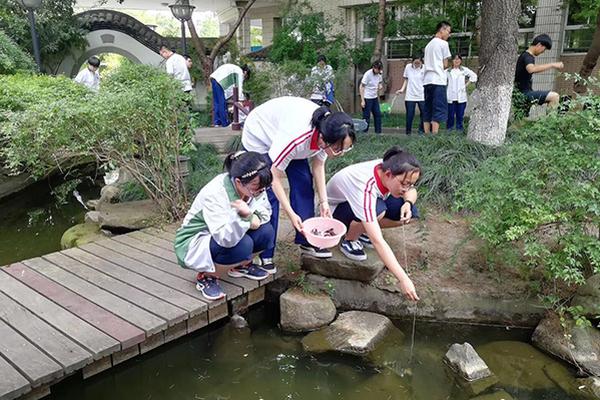December Daily Customs in Chinese Culture
As the last month of the lunar calendar,腊月 December (or the 12th month in Chinese lunar calendar) is also known as the 'Là yuè' (腊月) in Chinese. It is a significant month for Chinese people as it marks the end of the year and the arrival of a new year. Throughout the month, there are many customs and traditions that are observed by Chinese people.

One of the most important customs in December is the Winter Solstice Festival (Dōng zhì, 冬至). This festival usually falls on December 21st or 22nd, which is the shortest day and longest night of the year. It is a time for family reunions and eating traditional foods such as tangyuan (汤圆), a glutinous rice ball filled with sweet fillings, and dumplings (饺子). Eating these foods symbolizes the reunion of family and the arrival of a new year.

Another significant custom in December is the Laba Festival (Làbā, 腊八). This festival is celebrated on the eighth day of the twelfth lunar month and is a time for people to offer sacrifices to ancestors and pray for good fortune in the coming year. People also eat Laba porridge (Làbā zhōu, 腊八粥), a special porridge made with grains, beans, and dried fruits, which symbolizes a bountiful harvest.
In addition to these festivals, there are many other customs observed in December. For example, people will decorate their homes with red lanterns and couplets (对联) to bring good fortune and ward off evil spirits. They will also clean their homes thoroughly before the new year to sweep away any bad luck from the previous year. Finally, on the last day of the year, people will stay up late to welcome in the new year and set off fireworks to scare away evil spirits.
In conclusion, December is a month full of customs and traditions in Chinese culture. From the Winter Solstice Festival to the Laba Festival, and from decorating homes to setting off fireworks, these customs all have a deep meaning and reflect the spirit of Chinese culture.


 相关文章
相关文章
 精彩导读
精彩导读 热门资讯
热门资讯 关注我们
关注我们
